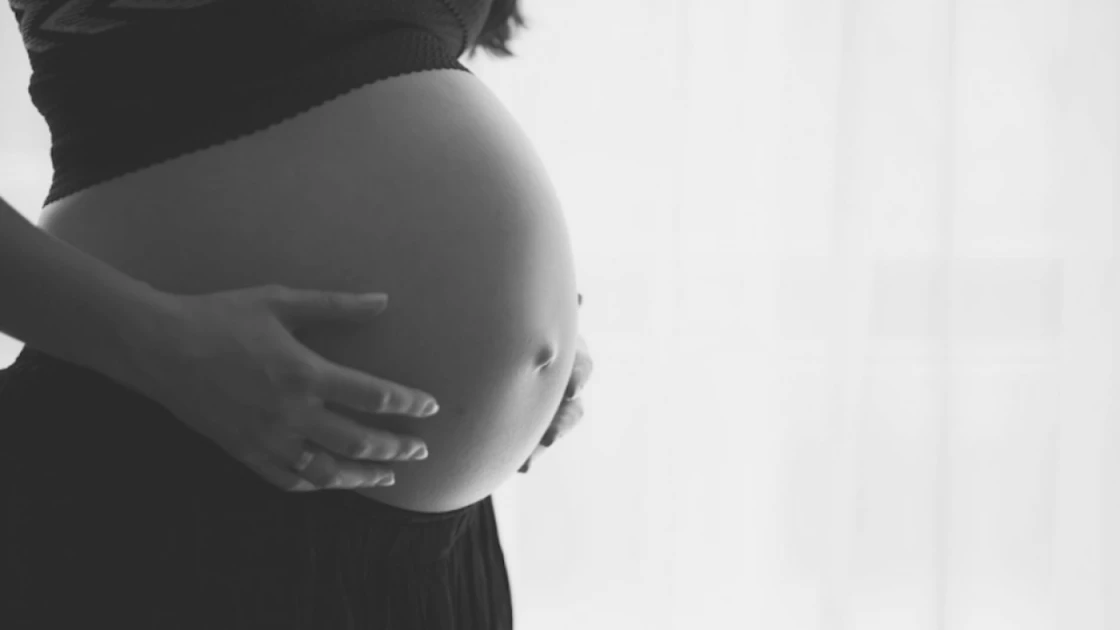Blood shortage, delays: The catalysts of Kenya's maternal health crisis


Audio By Vocalize
Every year, over 5,000 pregnant women in Kenya die during childbirth due to excessive bleeding, according to Ministry of Health data.
The leading causes include delays in transferring patients between facilities, shortages of blood, postpartum haemorrhage (PPH) and complications such as preeclampsia, which can cause blood pressure rise or drop to dangerous levels.
Despite efforts to improve maternal care, these challenges continue to put the lives of expectant mothers at serious risk.
At Kenyatta National Hospital, maternal care nurse Rosa Chemway shares the harsh realities healthcare workers face as they fight to save lives. Widely recognised as one of the hospital’s most skilled midwives, Chemway is known for helping women with critical conditions to deliver successfully.
According to Chemway, one of the leading causes of maternal death is the delayed patient transfer between hospitals. In fact, delayed transfers account for 86% of maternal deaths in the country.
"Even though Kenyatta Hospital is well-equipped to handle high-risk pregnancies, many patients often arrive here too late. Some are already dead by the time they are brought in," says Chemway.
Another major challenge, particularly at Pumwani Maternity Hospital, is the shortage of blood. Women who experience severe bleeding during childbirth require immediate transfusions, but limited blood supplies often make the life-saving intervention impossible.
Kelvin, a volunteer who donated blood to save his wife during childbirth, emphasizes the critical role that blood donations play in maternal health. "Without donated blood, my wife would not have made it," he says.
Denis Oduor, the blood coordinator for Nairobi County, explains the challenges of maintaining an adequate blood supply.
"There is a widespread lack of awareness about the importance of blood donation, and many people are unwilling to donate unless there is a financial incentive," he says.
Moreover, raising awareness about the importance of blood donation and encouraging more people to give blood could save countless lives.
"A woman can donate blood up to three times a year, and a man up to four times,” Odour explains. "By donating blood, we contribute to the health of not only the individual but also to the broader community."
Some Kenyans, like Maurine, are demonstrating selflessness in supporting those in need. "It's important to donate blood without expecting anything in return,” she says on the power of community in saving lives.
Preeclampsia, a condition characterized by dangerously high blood pressure during pregnancy, is another major contributor to maternal deaths. Without timely and proper care, this condition can quickly lead to life-threatening complications.
Nurse Chemway notes that increased training has significantly improved maternal outcomes, but strikes and understaffing remain major challenges.
"We are often overworked and understaffed," she explains, noting that the situation becomes even worse during strikes, when healthcare workers are unable to provide adequate care.
Prof. Moses Obimbo, the Kenya Obstetrical Gynaecological Society (KOGS) Secretary and maternal health expert, stresses the need for increased healthcare personnel to address these gaps.
"The World Health Organization (WHO) recommends one healthcare worker for every ten patients, but in Kenya, we fall short of that standard, and this directly impacts the quality of care provided to expectant mothers," says Obimbo.
While these challenges are daunting, there is hope. Hospitals like KNH are adopting innovative treatments, such as Cabe toxin, a drug used to control excessive bleeding during childbirth.
They are also using E-MOTIVE care bundle, which helps in early detection and management of severe postpartum bleeding.
Chemway emphasizes the importance of early intervention and stresses that smaller, private hospitals must act quickly when they recognize they cannot manage a complicated case.
Maternal deaths in Kenya are a complex issue that requires urgent attention from the government, healthcare institutions, and the public.
Shortage of medical staff, delays in transferring patients, inadequate blood supplies, and conditions like preeclampsia all fuel the crisis. However, with sufficient resources, better training, and stronger community involvement, we can significantly reduce maternal deaths and ensure that no woman should die giving life.
As Kenya continues to make strides in maternal healthcare and tackling postpartum haemorrhage, the collective commitment of healthcare professionals, the government and the public will be crucial in reversing these tragic statistics.
Together, we can save the lives of mothers and ensure a healthier future for our children.


Leave a Comment